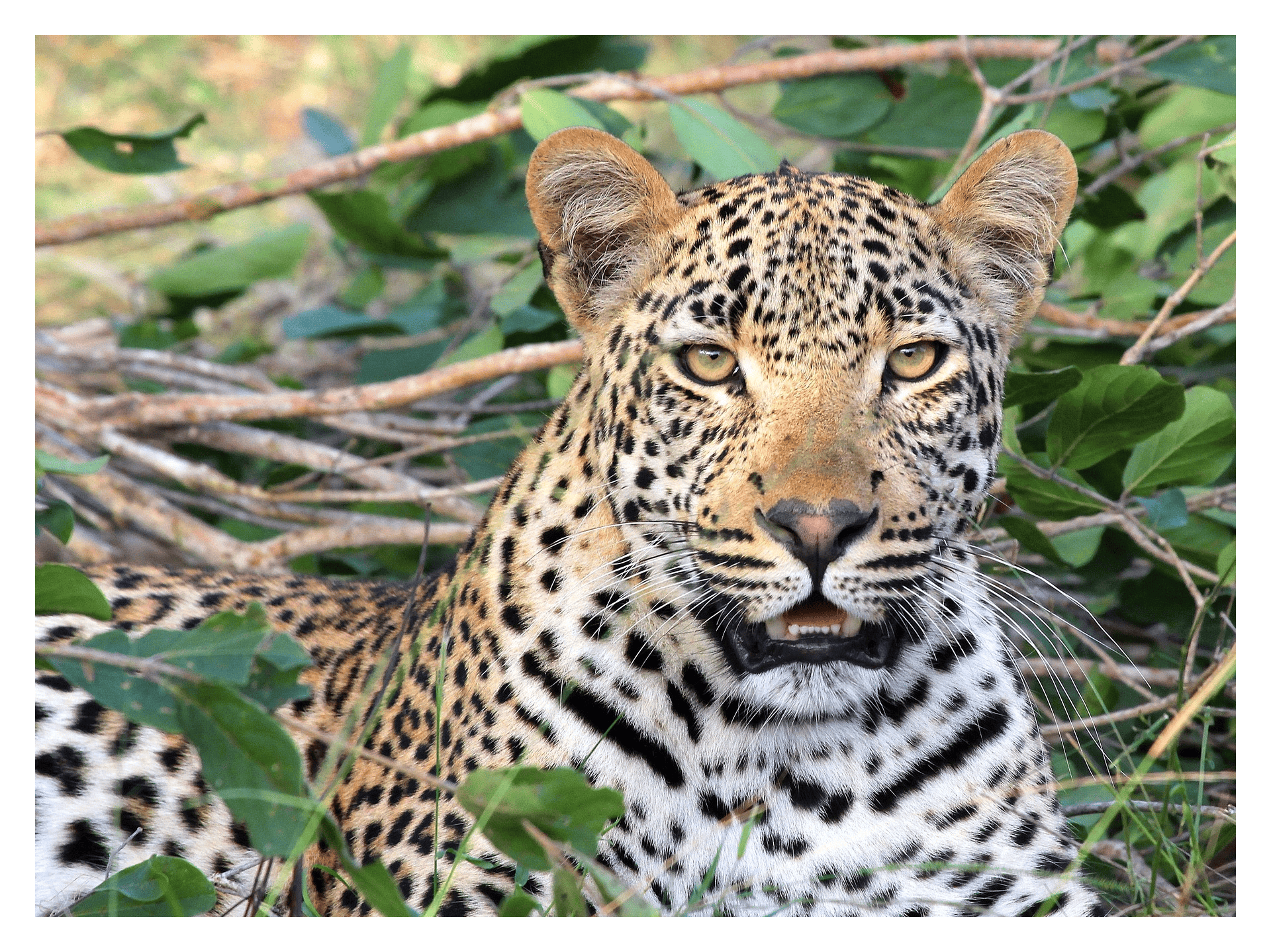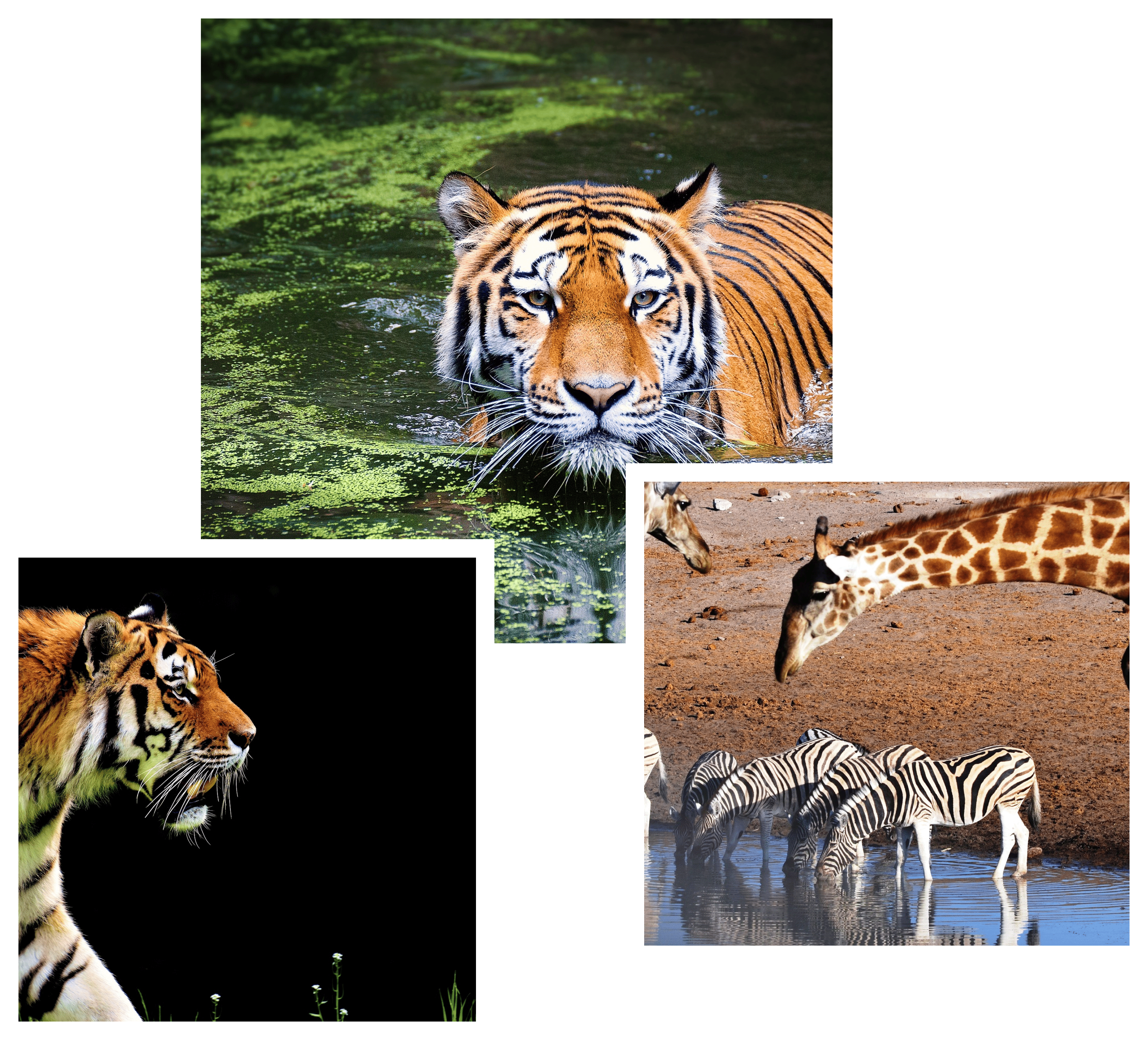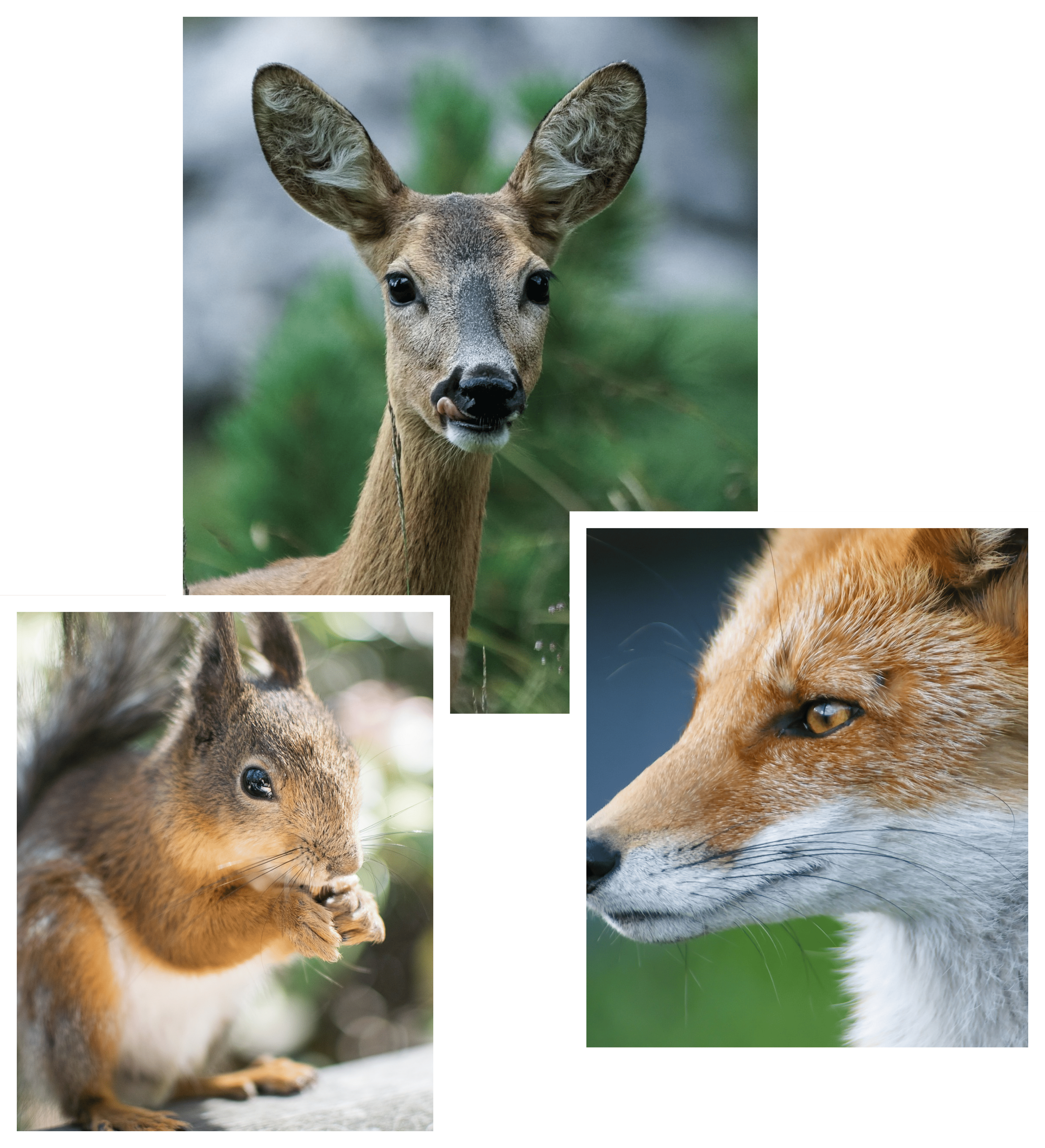


25+
Wildlifeanimals
 ABOUT US
ABOUT US
The Role of Zoos in Scientific Research
Zoos contribute to scientific research by studying animal behavior, genetics, and health. This research helps improve the care of animals in captivity and provides valuable data that can aid in the conservation of wild populations.
Zoos around the world adhere to strict animal welfare standards to ensure that the animals in their care are healthy and well-treated. These standards cover everything from diet and medical care to the design of enclosures and enrichment activities.
Breeding Programs for Endangered Species
Zoos: Guardians of Endangered Species
Wildlife Conservation in Urban Spaces
The Importance of Animal Enrichment in Zoos
Zoos and Their Role in Marine Life Protection
Sustainable Practices in Modern Zoos
Rehabilitation Programs: Saving Injured Wildlife
How Zoos Support Global Conservation Efforts

The Future of Ethical Animal Care in Zoos
6,472,068
Supporting Local Biodiversity Through Zoos
38,768
Educational Impact of Zoos on Conservation
1,193,210 OUR History
OUR History
Zoo Animal Care Teams: Dedicated to Wildlife Health
Behind every zoo is a dedicated team of animal care professionals, including veterinarians, nutritionists, and zookeepers.
These experts ensure that the animals receive the best possible care, from routine health checks to specialized diets.
Zoos have successfully reintroduced many species back into the wild. By breeding animals in captivity and preparing them for life in their natural habitats, zoos help restore populations of species that have been critically endangered.
Wildlife
Safari
Animals
With habitat destruction and climate change threatening many species, zoos are stepping up to combat extinction. Through conservation programs and partnerships with other organizations, zoos provide a safe haven for species at risk.


 HOW YOU CAN HELP
HOW YOU CAN HELP
The Ethical Evolution of Zoos
Zoos have evolved significantly over the years, shifting from mere attractions to centers of ethical animal care and conservation. Modern zoos focus on animal welfare, education, and sustainability, creating positive environments for both animals and visitors.
Zoos play a crucial role in wildlife conservation by running breeding programs for endangered species, supporting global conservation efforts, and funding research projects. They help preserve species that face extinction in the wild and often work to reintroduce them into their natural habitats.
Animal enrichment refers to activities and items provided to zoo animals to stimulate their physical and mental well-being. This includes things like toys, puzzles, and social interactions that mimic natural behaviors. Enrichment is essential because it keeps animals engaged, reduces stress, and promotes natural instincts.
Zoos have dedicated veterinary teams that provide regular health check-ups, medical treatments, and nutrition plans tailored to each species. Zoos also monitor the behavior and physical condition of animals closely to detect and address any potential health issues early on.
Some ethical concerns include the confinement of large, intelligent animals like elephants and primates, the size and design of enclosures, and the potential stress caused by captivity. However, many modern zoos have responded to these concerns by creating more naturalistic habitats, focusing on conservation, and improving animal welfare standards.

